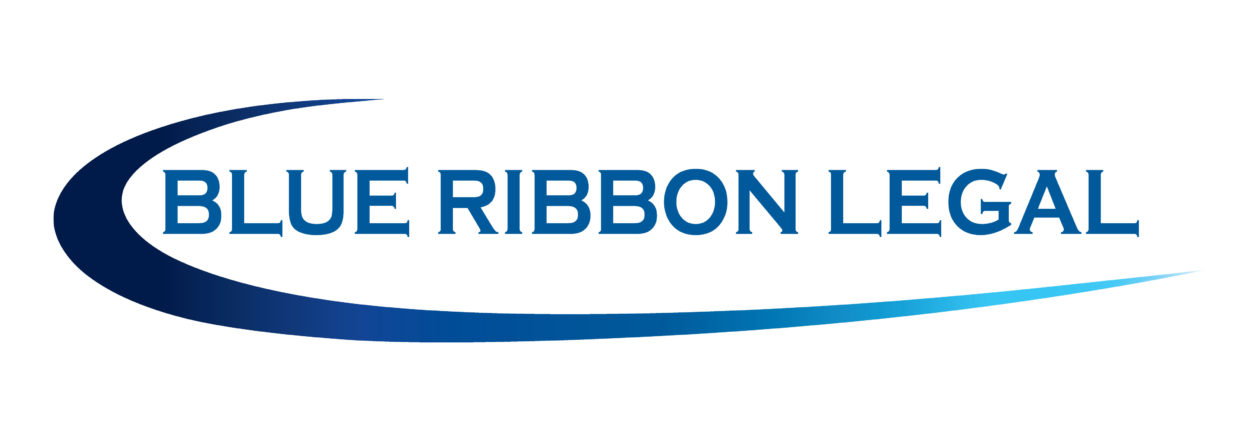

 A costs agreement is a contract between a law practice and a client.
A costs agreement is a contract between a law practice and a client.
The contract should include details of the work to be done by the law practice, and the fees payable by the client for that work.
There are various ways professional fees are calculated by law practices – eg. hourly rate, scale fees, event-based fees and fixed fees.
Disbursements are usually payable by a client in addition to fees, eg. barrister’s costs, expert costs, court costs and incidental costs such as photocopying.
A client has the right to negotiate a costs agreement with the law practice.
There must be something in writing as evidence of the costs agreement between the client and the law practice.
The agreement may specify that the client can accept the contract either in writing or by other conduct (including continuing to instruct the law practice).
A conditional costs agreement provides that fees are payable to the law practice only in certain circumstances (eg. “no win, no fee”).
A conditional costs agreement must be in writing, and in plain language.
A conditional costs agreement must specify in what circumstances fees are payable to the law practice, and whether disbursements are payable by the client irrespective of the outcome.
A conditional costs agreement must be signed by a client, and must include a statement that the client has been informed of their right to seek independent legal advice prior to entering into the agreement.
A conditional costs agreement must contain a “cooling off” period of not less than 5 working days.
A conditional costs agreement cannot relate to criminal proceedings, or proceedings under the Family Law Act 1975.
A conditional costs agreement may include an uplift fee on professional fees (not disbursements) of not more than 25%, and must specify the basis on which the uplift fee is calculated and an estimate of the uplift fee.
A costs agreement cannot specify that the fees payable to the law practice are calculated by reference to the amount of any award, settlement or property recovered on behalf of a client (“contingency fees”).
A valid costs agreement can be enforced in the same way as any other contract.
Copyright (c) 2016 Sharon Drew, Blue Ribbon Legal. The information contained in this website is for general information purposes only and relates primarily to New South Wales. The information is provided by Blue Ribbon Legal and while we endeavour to keep the information up to date and correct, we make no representations or warranties of any kind, express or implied, about the completeness, accuracy, reliability, suitability or availability with respect to the website or the information, products, services, or related graphics contained on the website for any purpose. Any reliance you place on such information is therefore strictly at your own risk. For legal advice specific to your circumstances, contact your law practice or local Law Society.
In no event will we be liable for any loss or damage including without limitation, indirect or consequential loss or damage, or any loss or damage whatsoever arising from loss of data or profits arising out of, or in connection with, the use of this website.